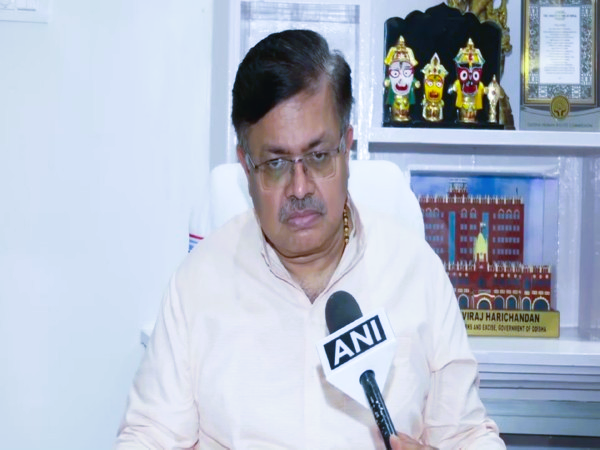
Orissa High Court asks Govt. to abide by rule of law while treating the worthy claims of its employees
Bhubaneswar, Aug 14 (UNI) The Orissa High Court has pulled up the State Government for denying a junior lecturer his legitimate promotional avenues and revised salary on the legally unacceptable ground that it would also open up floodgates of litigation and exert pressure on the State exchequer.
The Government should celebrate citizens’ victory against it, secured in due process of law.
Rule of law requires the State to abide by law, more particularly while treating the worthy claims of its employees, the single bench of high court Justice Dixit Krishna Shripad observed.
Justice Dixit Krishna Shripad while pronouncing a verdict in favour of petitioner Lokanath Behera slammed the Government and observed that “it is teachers, who play a pivotal role in building
nations and civilizations.
The British Government did not downwardly revise the pay scales of teachers during World War-II, although it did, in all other employment sectors”. The argument of the higher education department was that if relief be granted to the petitioner, it will have far reaching implications on the State Exchequer, and that it would also open up floodgates of litigation.
It is the State, which evolves the policy by enacting law or by promulgating rules, taking into account a host of factors and in the light of accumulated experience.
The laudable object of the policy in question is to boost the morale inter alia of teaching staff and to attract meritorious candidates to the noble profession of teaching, Justice Shripad stated in the order while directing the higher education department to grant benefits to the petitioner prospective effect, within a period of eight weeks.
Default or delay shall be viewed seriously, if the petitioner is driven to another legal battle, the Single Bench Judge warned.
What is legitimately held out to the citizen, as a matter of right, cannot be defeated by argument in terrorem.
When a policy is evolved by the State in its competence, a Writ Court cannot deny relief to the worthy litigant by holding something in variance of such policy.
The State and its instrumentalities under Article 12 of the Constitution of India cannot be heard to say that they will face difficulty if their Policies are implemented through the medium of Court, Justice Shripad observed in the judgment.
The Government should celebrate citizen’s victory against it, secured in due process of law. More is not necessary to specify and less is insufficient to leave the things unsaid.
Even the argument of ‘opening of floodgates of litigations’ is not acceptable. Our system operates on the maxim ubi jus ibi remedium (where there is a right, there is a remedy).
It is open to the State to pre-empt the opening of floodgates of litigations by extending the benefit of the policy on its own without avoidably driving other similarly circumstanced employees to litigation process, the Order concluded.














